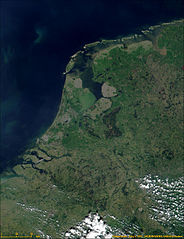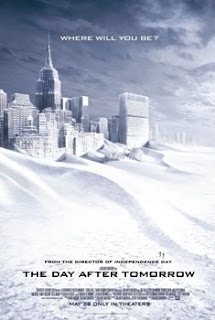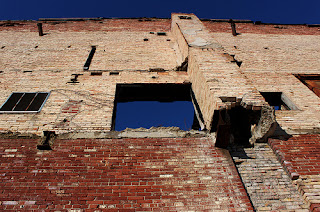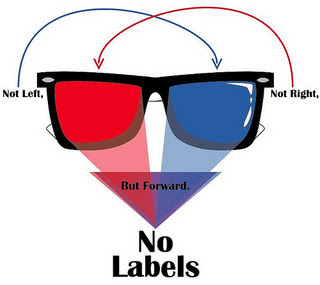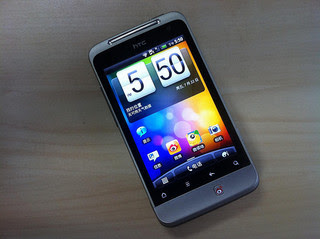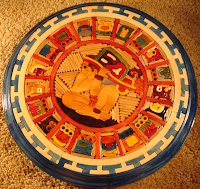 |
| Mayan Calendar/Thruthanado |
The New York Times in No End in Sight for Doomsaying, made fun of the various doomsday documentaries to be broadcasted by The National Geographic Channel:
"...The channel, whose signature series is now the duck-and-cover show “Doomsday Preppers,” will strengthen its brand by devoting its entire schedule on Sunday and Monday nights to the end of the world...."
In other places around the world, people are actually fearful, as the New York Times reports in In Panicky Russia, It’s Official: End of World Is Not Near:
"...Last week, Russia’s government decided to put an end to the doomsday talk. Its minister of emergency situations said Friday that he had access to “methods of monitoring what is occurring on the planet Earth,” and that he could say with confidence that the world was not going to end in December. He acknowledged, however, that Russians were still vulnerable to “blizzards, ice storms, tornadoes, floods, trouble with transportation and food supply, breakdowns in heat, electricity and water supply.....
"...In France, the authorities plan to bar access to Bugarach mountain in the south to keep out a flood of visitors who believe it is a sacred place that will protect a lucky few from the end of the world...."
Let's keep doomsday talk aside, and have a look at what an insider, Mayan ..............







